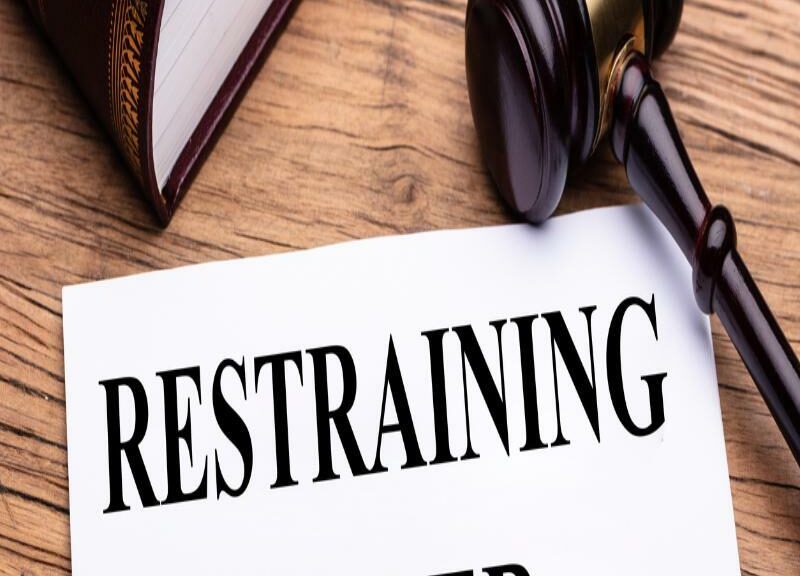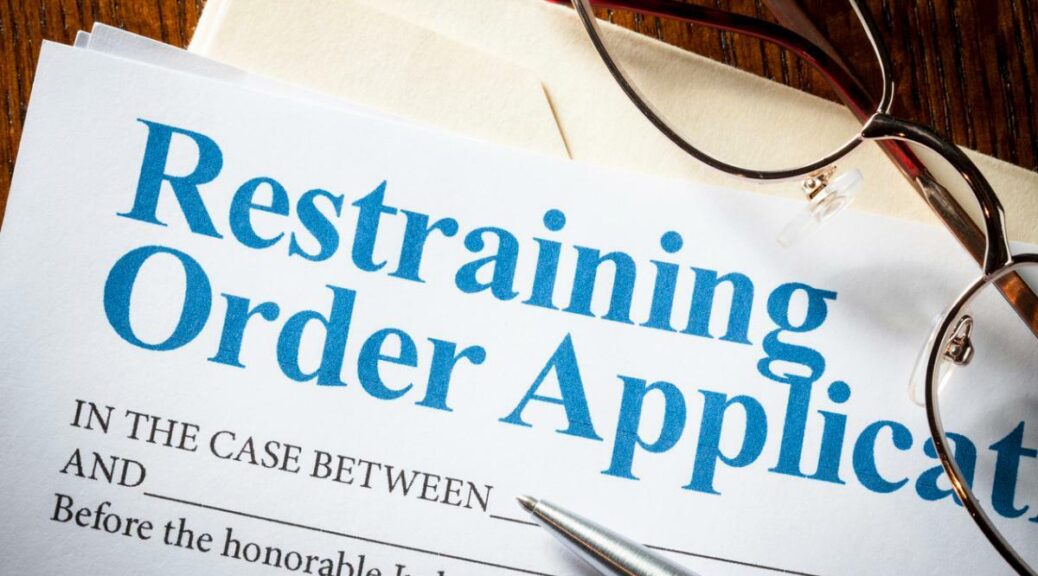Parenting plans are created to meet the unique needs of a divorced or separated family. When domestic violence has been present, your parenting plan needs to provide safety for you and your children. California Certified Family Law Specialist Judy L. Burger helps families when domestic violence makes parenting plan modifications necessary.
What Is a Parenting Plan?
A parenting plan is a comprehensive set of agreements for how separated or divorced parents will care for their children. It includes many factors, including:
- Custody agreements
- Visitation schedules
- Sharing costs for the child’s care
- Arrangements for holidays and school breaks
- Exchange arrangements
- Phone and video contact with the children
- Communication between parents
- Authority for making decisions for the child
- Religious matters
- More…
No two parenting plans are the same due to differing schedules, needs, locations, and many other factors. The factors above and many more should contain elements that keep you and your child safe when there has been domestic violence.
Creating a Parenting Plan
Often, parents work together to create a workable parenting plan to care for their children. The court will review this plan, determine if it needs legal requirements, serve the child’s best interests, and approve it. However, in cases of domestic violence, this may not be possible or safe. You may need a legal representative to act on your behalf to create or modify an existing parenting plan to help you and your child stay safe.
Your attorney will need to provide credible evidence of domestic violence and prove beyond a reasonable doubt that it is likely to continue. Then, a judge will be far more likely to agree to a parenting plan or modifications to an existing plan that contains elements to prevent future harassment or abuse.
Family Law Attorney Judy Burger is an effective negotiator if you feel threatened or fear mistakes in an agreement could place you or your child in jeopardy. She has a wealth of experience in working out parenting plans and custody agreements in difficult situations. In some cases, the judge will ultimately decide the best agreement. This is particularly true in cases of substance abuse, domestic violence, mental illness, or incarceration.
Domestic Violence and Parenting Plan Modifications
Sadly, domestic violence does not cease after separation or a divorce. In fact, the separation may only antagonize the other party and cause conflict to escalate. Your parenting plan needs to include specific provisions to prevent contact wherever possible. Vague or unclear parenting plans open the door for more abuse or harassment.
A CA Domestic Violence Attorney like Judy Burger has the knowledge and experience to include certain specific elements in a modified parenting plan to prevent contact, communication, and unsafe situations. Some measures she may recommend can include:
- Keeping your living arrangements private and secure
- Having a neutral third party exchange the child between parents
- Exchanging the children in a public place in full view of security cameras or guards
- Restricting communication between parents and children (prohibiting video calls so the other parent cannot see into your home)
- Using an app for all communications so there is documentation
- Keeping travel plans and daily activities private
- Sole legal custody
The Law Offices of Judy L. Burger knows how to gather evidence to help convince the court that your proposed parenting plan modification is in your and your child’s best interests. She can represent you before the court, handle communications and negotiations, and otherwise help you remain safe during the proceedings. Our office can also help you when domestic violence or gun violence restraining orders are necessary.
Keep Your Family Safe from Domestic Violence
Domestic violence survivors may fear discussing custody and parenting plan modifications with the other parent. Relationships can be difficult, and meeting in person may not be safe. Reaching a safe agreement with the other parent may not be possible, especially without help. Keep yourself and your family safe from domestic violence. Contact The Law Offices of Judy L. Burger in California for experienced help with parenting plan modifications.









